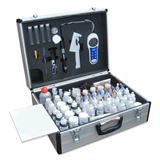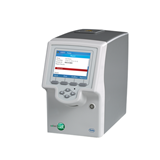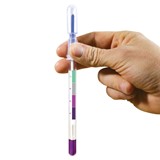Martin Laverty, Catholic Health Australia CEO, who is also chair of the national Social Determinants of Health Alliance, told the gathering that cardiovascular disease, diabetes, cancer and other chronic diseases could be identified and treated earlier if a socioeconomic screening tool was used in doctors' surgeries to identify poverty-related diseases.
"A CHA-commissioned National Centre for Social and Economic Modelling (NATSEM) report found the lowest 20 per cent of income earners in Australia suffer twice the amount of avoidable chronic disease of the highest 20 per cent," Laverty said.
"The WHO names poverty as a risk factor for avoidable disease, as does decades of evidence showing inadequate income, poor housing, incomplete education and other social factors are determinants of if a person will suffer an avoidable chronic disease.
"The Canadian Medical Association in a July report said tackling poverty was its first priority for health care. Parts of Canada are now screening for poverty in doctor's surgeries.
"Australia should follow suit, and address poverty as a health determinant.
Laverty said the Canadian general practice poverty screening test was incorporated into a standard general practice consultation. Patients were asked if they had difficulty making ends meet at the end of the month. If they answered yes, doctors consider poverty as a disease risk factor.
"As patients, we are asked questions about family history, diet and risk-taking behaviours when we visit the doctor; by assessing for poverty alongside these other risk factors, doctors will better determine if a person has a chronic disease and treat it accordingly," Laverty said.
"Including a poverty screen in medical consultations would likely see health funders give new attention to addressing social factors outside the health system that are driving costs within the health system.
"The CHA/NATSEM report found in 2012 that 60,000 people nationally are admitted to hospital annually, at a cost of $2.3 billion, with diseases that could have been prevented if Australia implemented the WHO recommendations on social determinants of health.
"The Australian Institute of Health and Welfare reported last month that state and territory governments' ratio of health expenditure to revenue rose by 8.1 percentage points to 24.5 per cent. To reverse this cost trend, the WHO recommendations need to be implemented."










